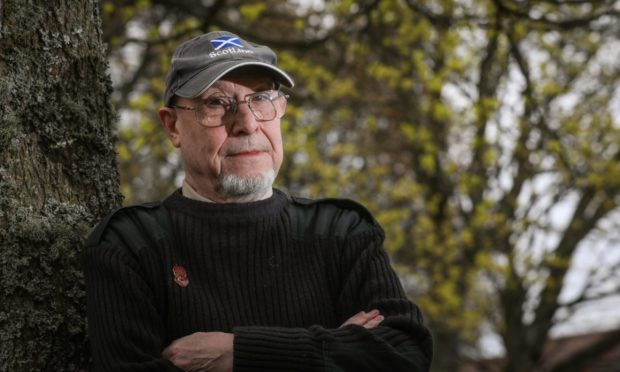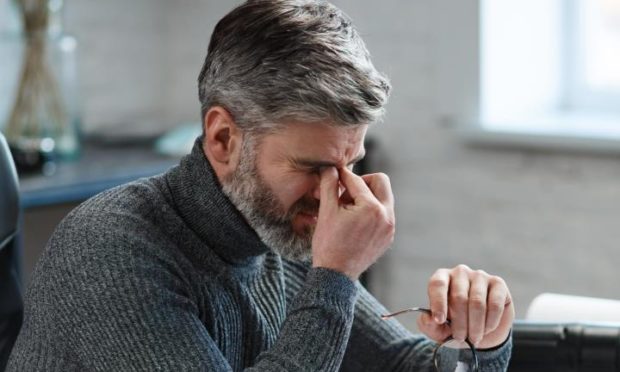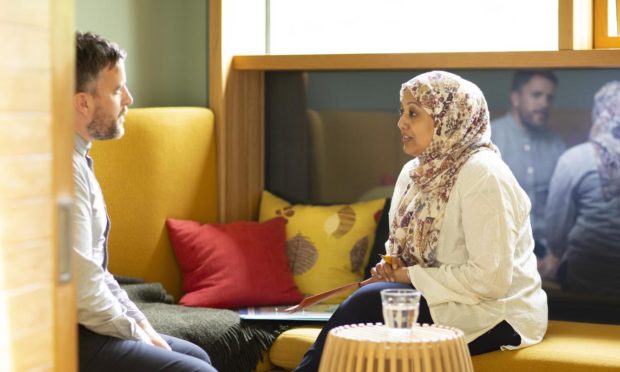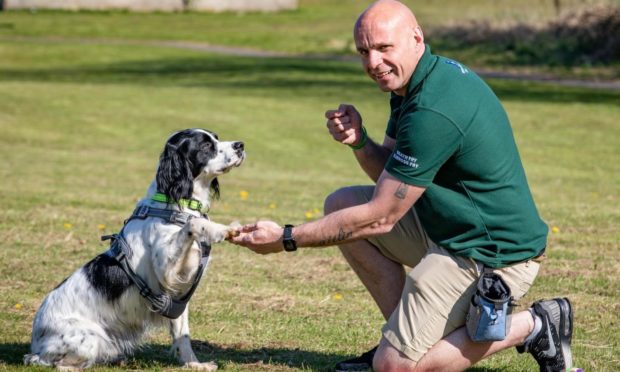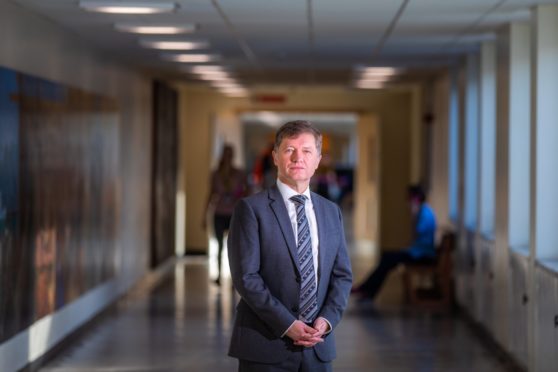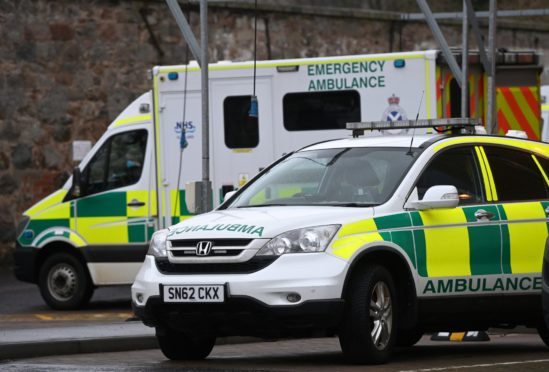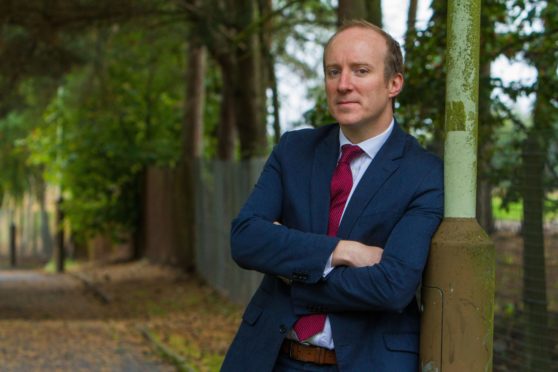Unpaid carers in Dundee say they are drowning under the pressure of looking after others with little support during the pandemic.

A new survey shows more than 80% in the city have struggled to cope and say their mental and physical health has taken a hit.
Respondents pinpoint increased hours and a struggle to balance commitments, while some have even given up paid work to continue helping others.
‘Loneliness is a big thing’
Unpaid carer John Bissett, 71, lives in the Ardler area of Dundee. He says he first started caring for his severely disabled mum without pay aged 17.
He has spent his life looking after others in both his career as a carer and in a voluntary capacity.
“I completely understand what people are saying in this survey,” says John, who also campaigns for equality for the vulnerable.
“Loneliness is a big thing for me and others. Some people won’t let you in their house at all because they are worried about the virus, which I can understand.
“Carers have also had to take on many more hours doing caring duties because of the pandemic.
“I’ve found it tough at times myself. There is a lack of support and financially, you get very little.
“I’ve been doing this pretty much my whole life so I’ve never thought much about it. I just love helping people.
“But I do wish there was more help and support available.”
Of the 116 respondents 84% said the pandemic has had a negative impact on their physical, mental, and social wellbeing, while 60% feel socially isolated.
82% feel more worried and anxious about the future.
In a worrying finding for authorities, more than half could not access any support to improve their own wellbeing.
The survey was conducted by Dundee Health & Social Care Partnership (DHSCP) in an attempt to better understand and support carers.
‘There are many who don’t realise they are carers’
The organisation’s vice chair Trudy McLeay stressed society would fall apart without their devotion.
“Having been a carer and not realised this, I know there are many in that group who don’t actually realise they are,” she told a recent meeting.
“It’s how we reach those people who aren’t having access to services who are just getting on with it.
“Mental ill health of both carers and those they are supporting has gone sky high because of the feeling of isolation and of limited support we’ve been able to offer them.
“There’s a huge roll of carers within our community. Without them our whole healthcare system collapses so we do need to support them.”
Who is an unpaid carer?
Unpaid carers, as the name suggests, do not receive payment for the work they do.
It is defined as someone who carries out anything from domestic tasks to personal care.
This includes people who regularly help a vulnerable person with the shopping, picking up prescriptions or preparing meals.
Other examples are carers who help others to wash and dress or provide emotional support to someone such as a partner, friend or family member with a long-term health condition.
The Scottish Government estimates there to be around 700,000 in Scotland but there could be even more.
It’s recognised that without them, health and social care services would rapidly become overwhelmed.
Another unpaid carer, Martyn Sloan, who sits on the DHSCP board as the unpaid carer representative, told members the pandemic has exposed pressures that already existed.
“As a carer myself, I experience the majority of the key findings of the survey.
“The biggest one is that Covid has not so much amplified the issue but brought it to the fore for a lot of carers.
“They are not having that respite and they’re not having that support that they used to have.
“It’s made things more problematic for them.
“I have suffered myself quite extensively on the physical, mental, and social wellbeing aspect of the last 12 months.
“It’s something which I know the DHSCP will bring forward solutions for.”
A number of areas ‘working well’
DHSCP said the survey revealed carers are being supported in some capacity but acknowledged there are issues.
A spokesperson said: “We understand how difficult it has been for unpaid carers over the past year.
“The survey identified a number of areas that are working well for carers including that community groups and voluntary sector organisations have continued to provide essential support to carers during the pandemic, which carers found invaluable in helping them cope during this period.
“Areas of improvements and priorities have been identified in the consultation and we will be looking to act on this feedback in the coming months.
“Supporting carers is a key priority of the Partnership and we remain committed to involving carers in their role in order to understand their needs and priorities, particularly within the context of the Covid-19 pandemic, and to respond to these needs.”
